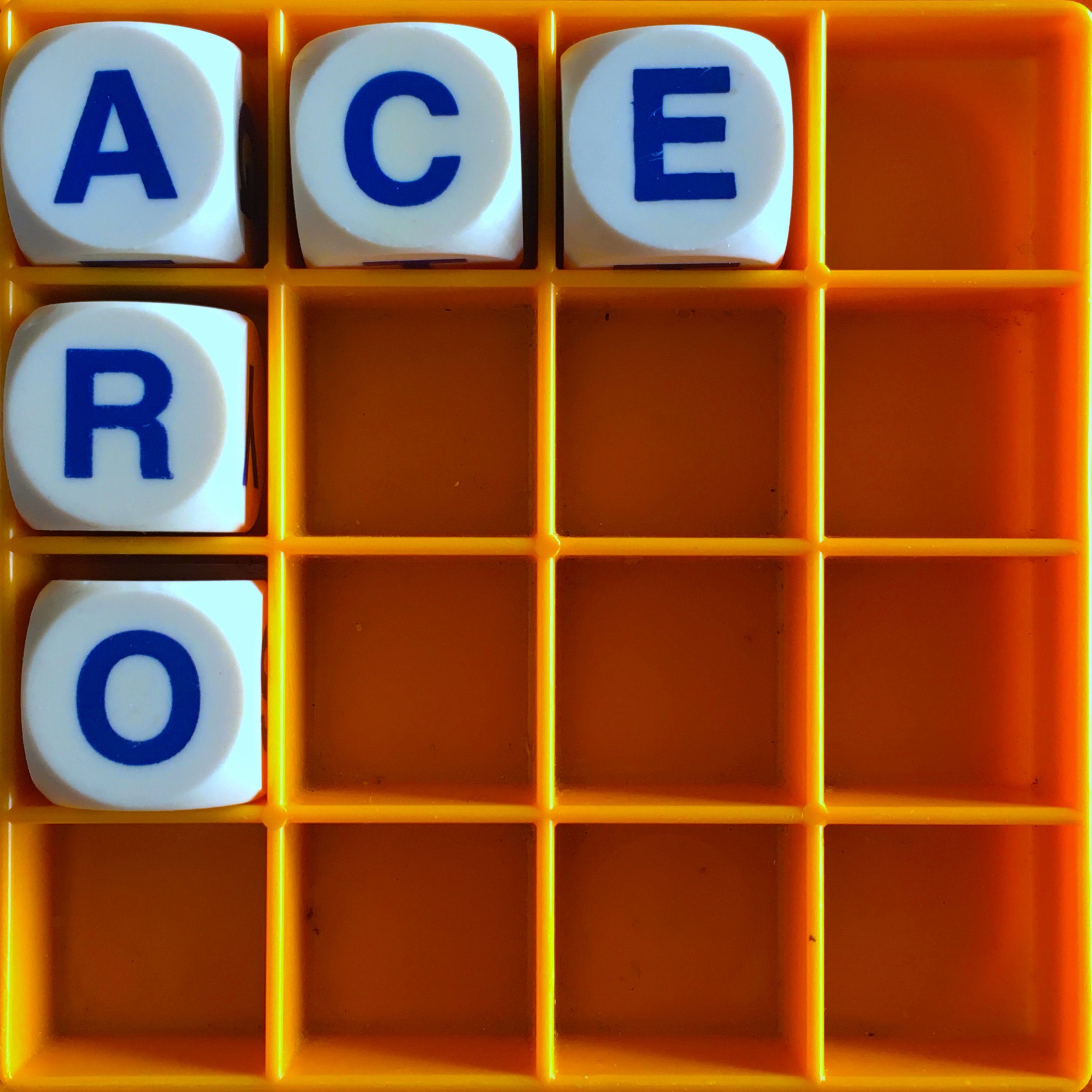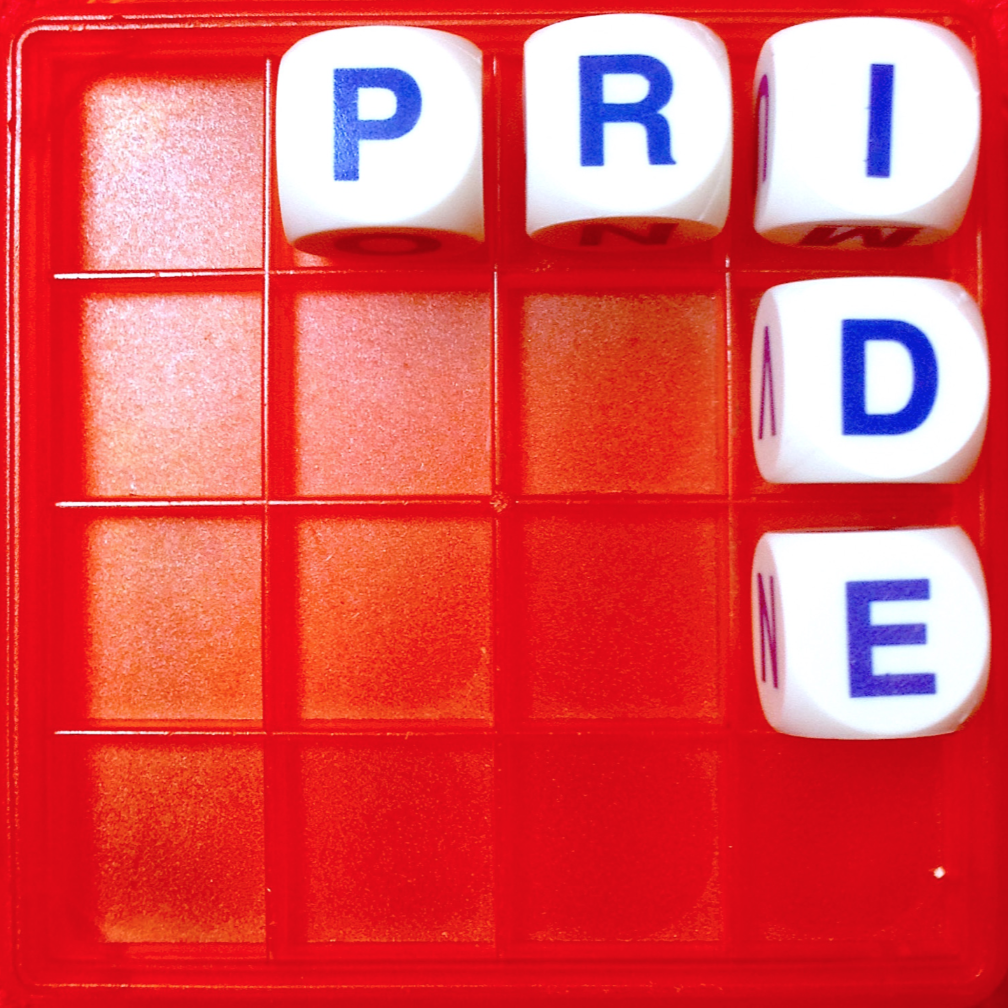Hello! Here’s a playlist of episodes of the show that are good to listen to for Pride month, but also at any time, because they are some of the most interesting and complex language matters that I’ve covered in the show:
Many Ways At Once. The Scots language didn’t have much of an LGBTQ+ lexicon. So writer and performer Dr Harry Josephine Giles decided to create one.
Polari was a secret language that was used mostly by gay men in London. And now lives on in the non-secret lexicon - you might not realise that you know some Polari words!
Two Or More is about the bumpy life of the word ‘bisexual’, describing things from oysters to space stations to God to hats and then people, where things get really complicated.
Parents is about how some of the vocabulary of pregnancy and parenting might not fit when you’re trans, and how to make the language gender-additive.
Rainbow Washing examines the trends in corporate performative allyship, and considers how to sort the real queer support from the harm-disguise.
Similarly, Queerbaiting follows a term from entrapment to marketing to the failures of onscreen representation.
Name Changers features listeners telling the stories of why they changed their names - often a big feature of a gender journey.
There’s so much more to say about the word Queer, where it has been and where it is going now.
Survival: Bequest is about the Māori word ‘takatapui’, a bit of linguistic evidence that prior to the European colonisation that imposed cisgender monogamous heterosexuality, Māori culture had included myriad sexual orientations, gender fluidity and polyamory.
Survival: Today Tomorrow part 2 is about how new queer words are coined for the Icelandic language.
No Title is about making language gender-free. And there are unbeatable arguments to fell anyone who denies singular ‘they’, should you need those in your arsenal.
Joins is about how the available vocabulary for body parts can be a liability when you’re trans and/or non binary.
Aro Ace is about how newish words like ‘aromantic’ and ‘asexual’ enable people to voice their identities, and to find each other.
Pride, about why the word ‘Pride’ was chosen to be the banner word for demonstrations and celebrations of LGBTQIA rights and culture.
And if you just need to shut off your internal monologue for a bit, you can replace it with a relaxingly scored list of gay animals.







